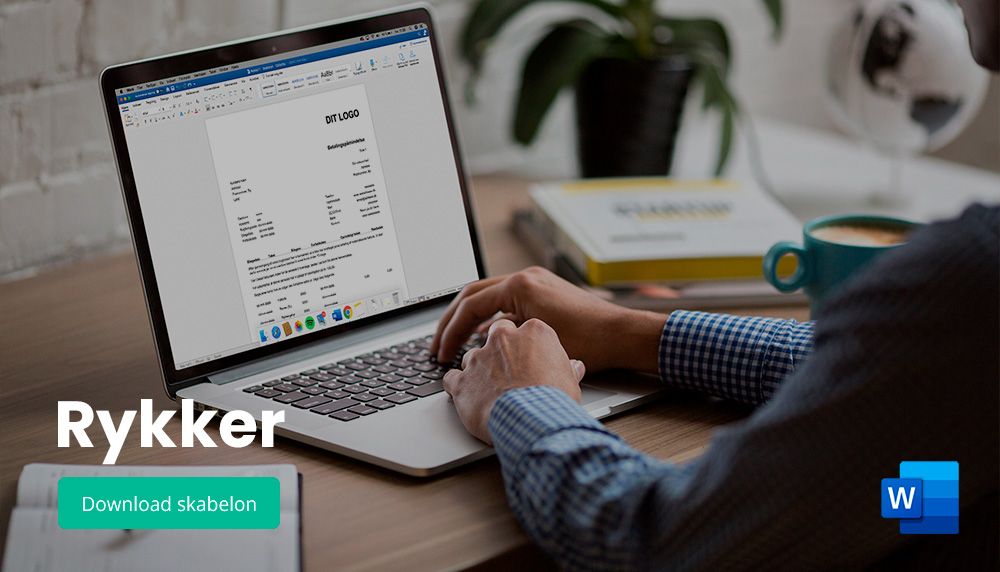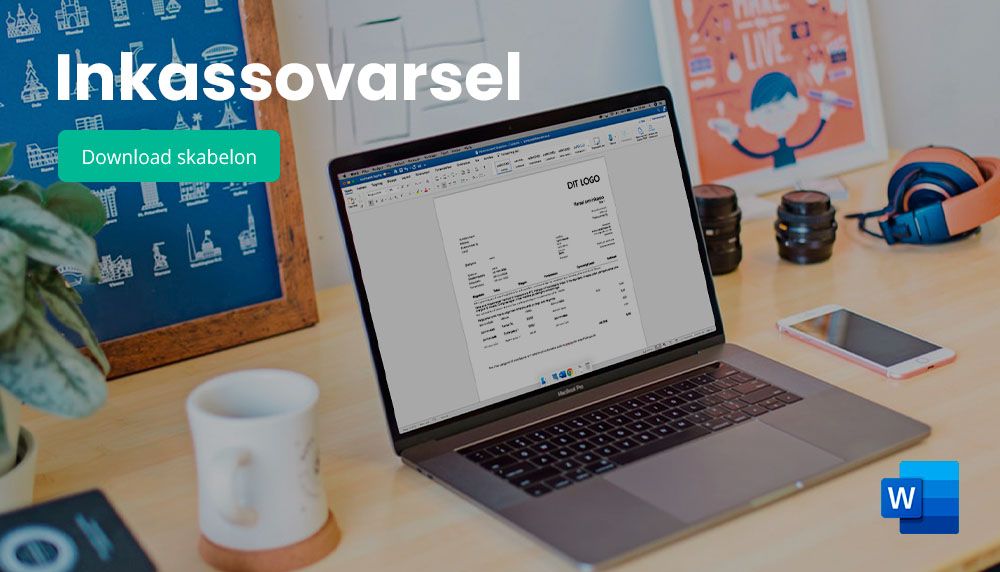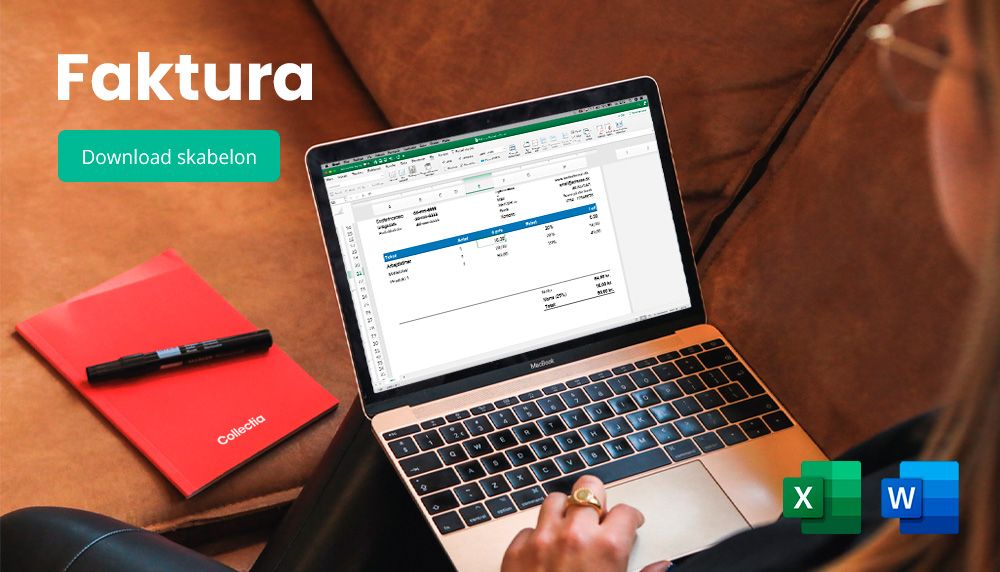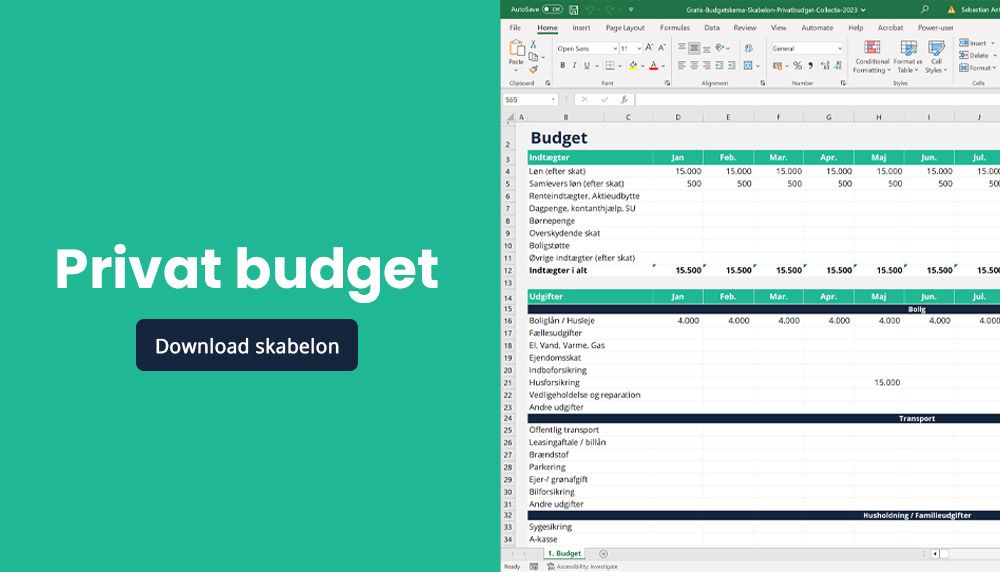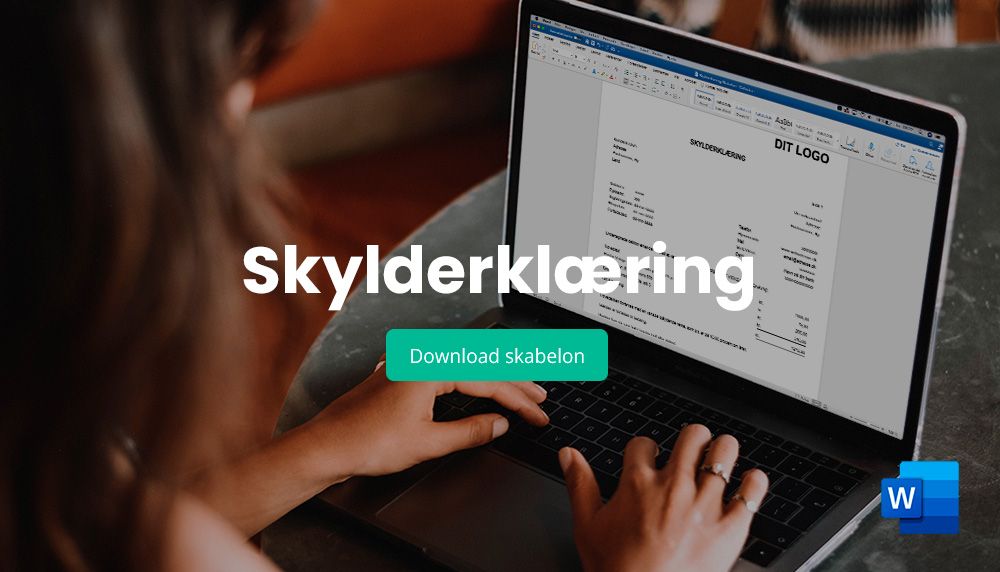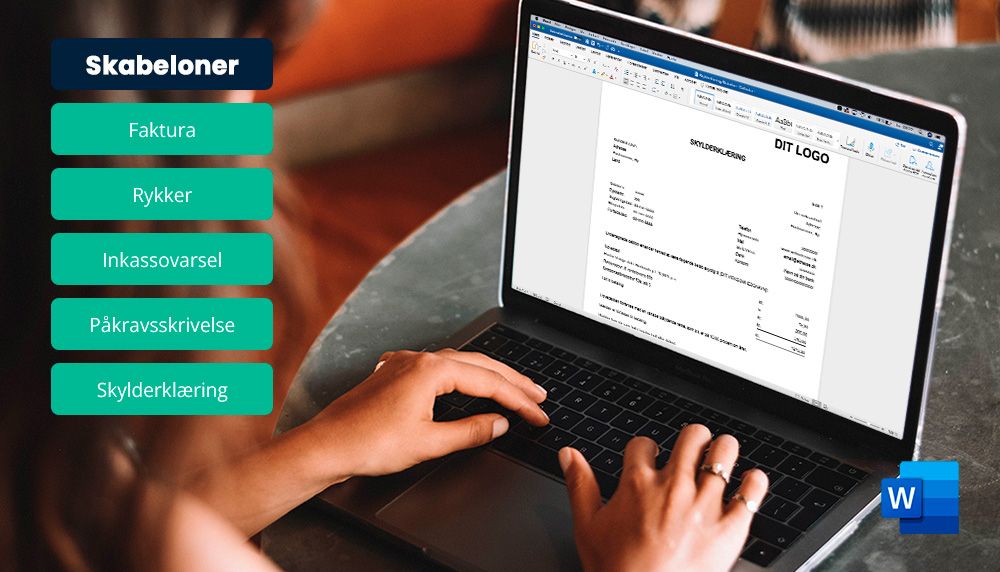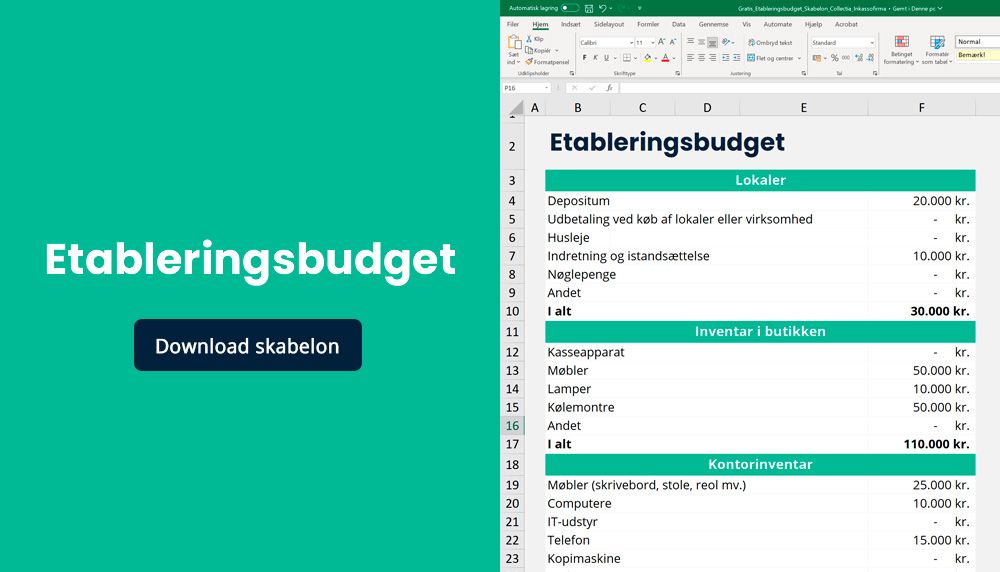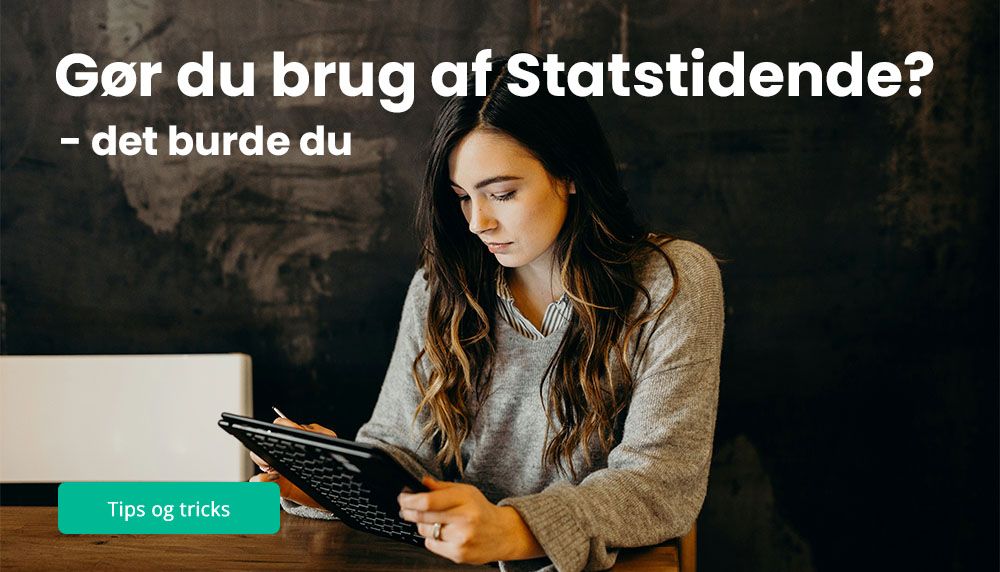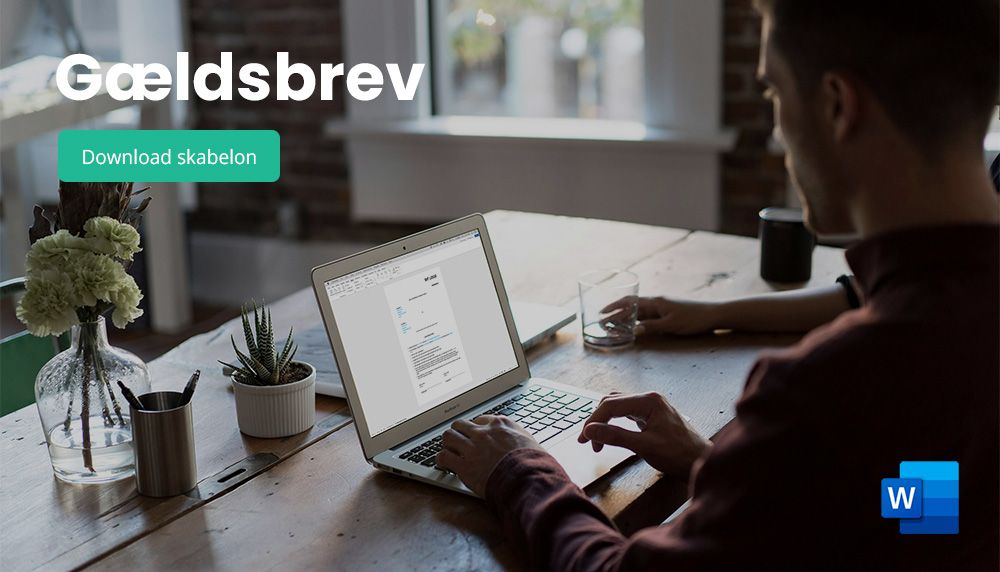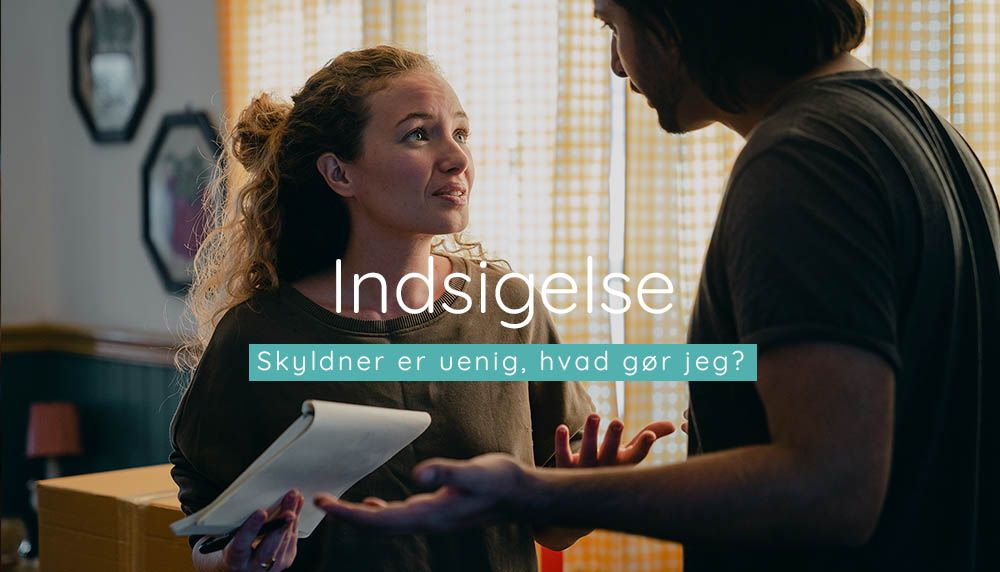
Objection in debt collection cases - Debtor disagrees, what do I do?
Every day, Danish companies send thousands of invoices to their customers, and fortunately, the vast majority are paid without any hassle.
Unfortunately, sometimes businesses also find that the customer objects to the invoice sent to them. This article explains how to deal with a customer's objection and how best to handle an objection.
How is an objection defined?
An objection is a complaint or protest about a piece of work performed or a product delivered, where the customer believes that it does not meet the expected and agreed standards.
The customer can also object to the price if the customer believes that the work does not meet the agreed price.
Basically, the law does not define what an objection is and therefore, in principle, there is no de minimis limit to what a customer can object to. Therefore, good documentation is necessary on your side.
How to avoid an objection?
There are many measures you can take to make sure that objections are avoided or at least minimized.
We therefore recommend that you as a company always make sure that you
- Have written documentation and acceptance of the price
- Have written documentation and acceptance in case of price increases during the purchase
- Have written documentation of when the product/service is to be delivered
- Have written documentation on what the product/service contains
- Never deliver anything without customer approval of the product/service/price
- Have written documentation on everything relevant to the transaction
- Have the customer's full contact details (full name, full address, CVR number if applicable)
In practice, it is often difficult to avoid objections 100%. But our best advice is to get written documentation on as much of the customer's order as possible; communication, price, product, delivery, etc.
In our experience, the better your documentation about the customer and the customer's orders, the easier it is for you, your debt collection company, your lawyer or the enforcement court to reject the objection.
Debt collection and opposition
If a customer raises an objection to one or more items in the transaction with you, it is important that you, your debt collection company or your debt collection lawyer deal with it before proceeding. If the customer objects to one or more items in the collection process, the imposition of further interest and fees must be stopped until the objection is resolved. It is therefore important that you, your debt collection company or your debt collection lawyer deal with the objection as soon as possible so that the case can continue in the debt collection process.
How do you deal with objections?
If a customer objects, complains or protests about your service, price or products, you should try as far as possible to handle this yourself through dialog and good communication with the customer. If possible, make sure to use your documentation against the customer if you believe no mistake has been made.
Fortunately, most objections are resolved through dialog.
If it is not possible to resolve the dispute and your customer continues to object, you should escalate the case to a debt collection agency or lawyer - so you can get help from them.
Objection as a free ticket?
Many debtors mistakenly believe that an opposition gives them a free pass not to pay the claim - fortunately, this is far from the case.
In order for the objection to be processed, and if you, your debt collection company or your lawyer cannot reach an agreement with the debtor, a summons will often be sent to the Civil Court in the jurisdiction where the debtor lives.
If the debtor does not submit a written objection to the civil court within 14 days, the civil court will issue a judgment. The debtor is then ordered to pay the claim and the costs incurred. This judgment can then be used in connection with an attachment procedure via the enforcement court. By attachment, we mean that the debtor's assets (such as vehicles, property, deposits, etc.) can be attached. Some attachments can be compulsorily realized. This means that the asset can be sold at auction to the highest bidder and used to write off the debt.
